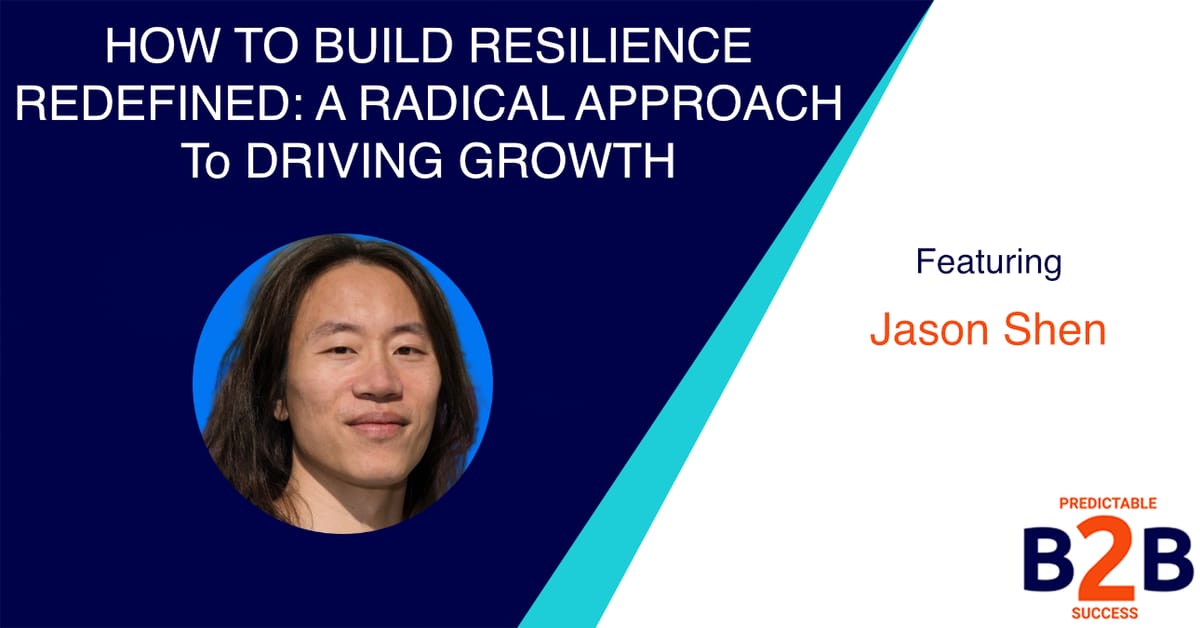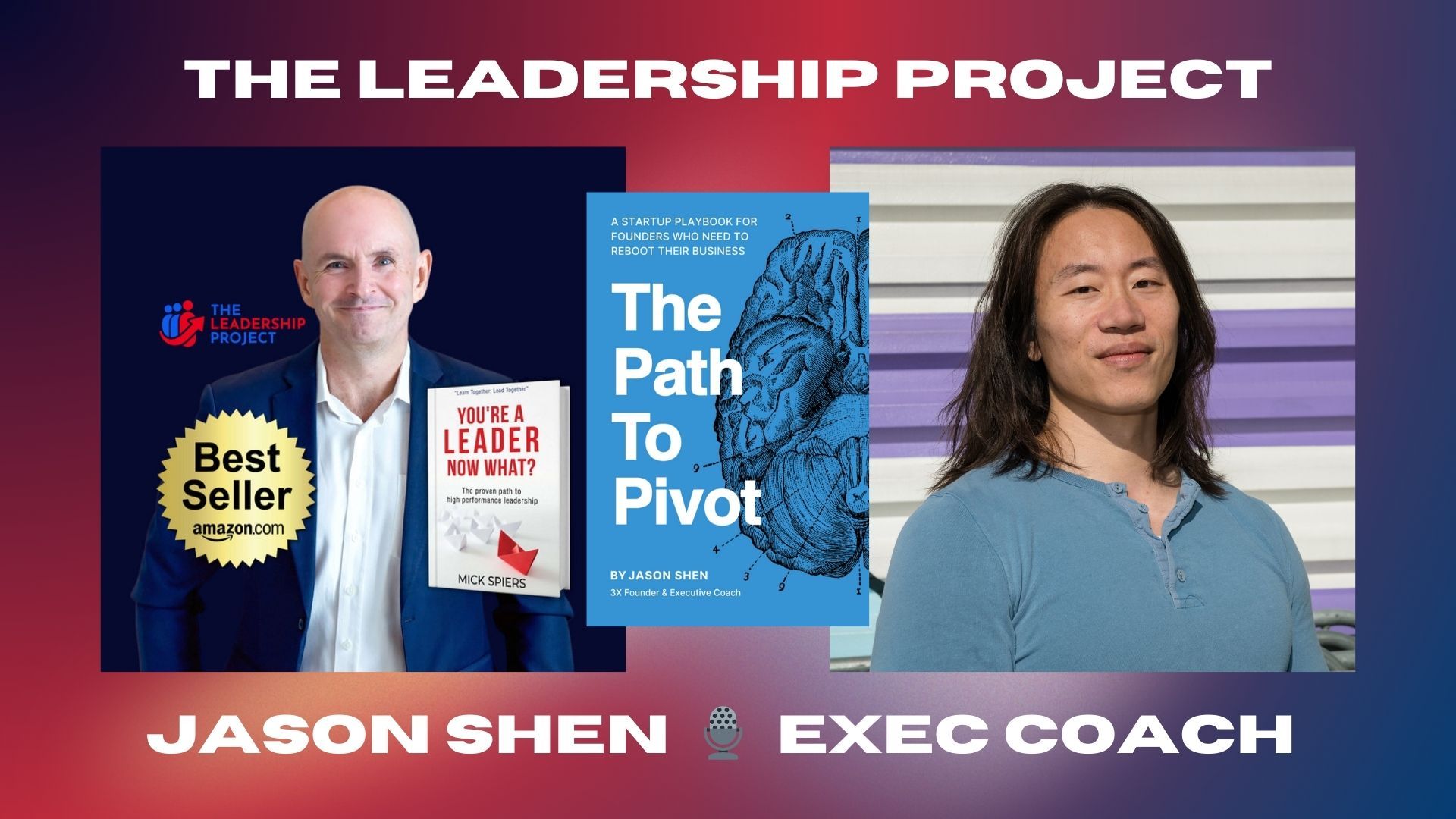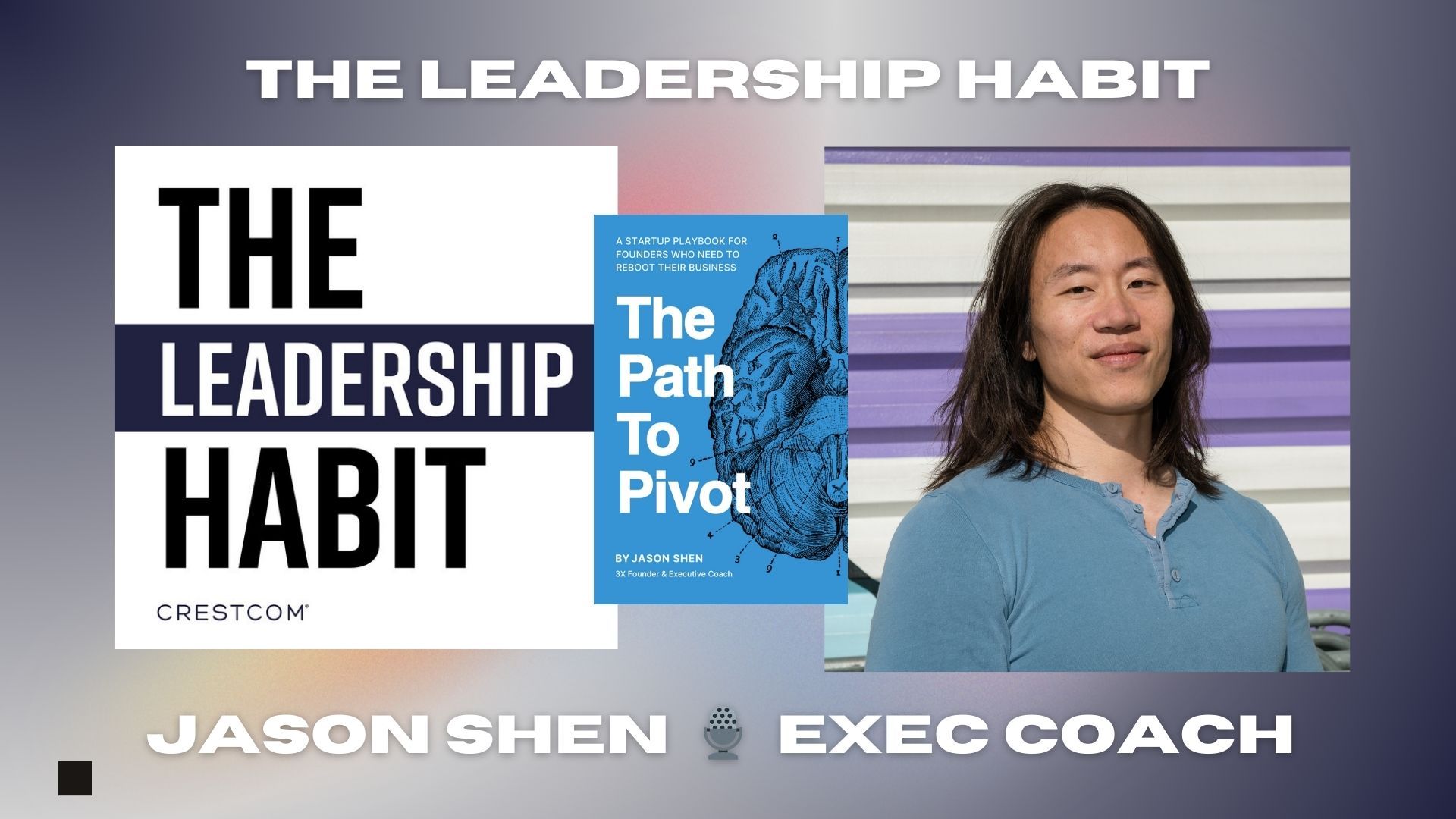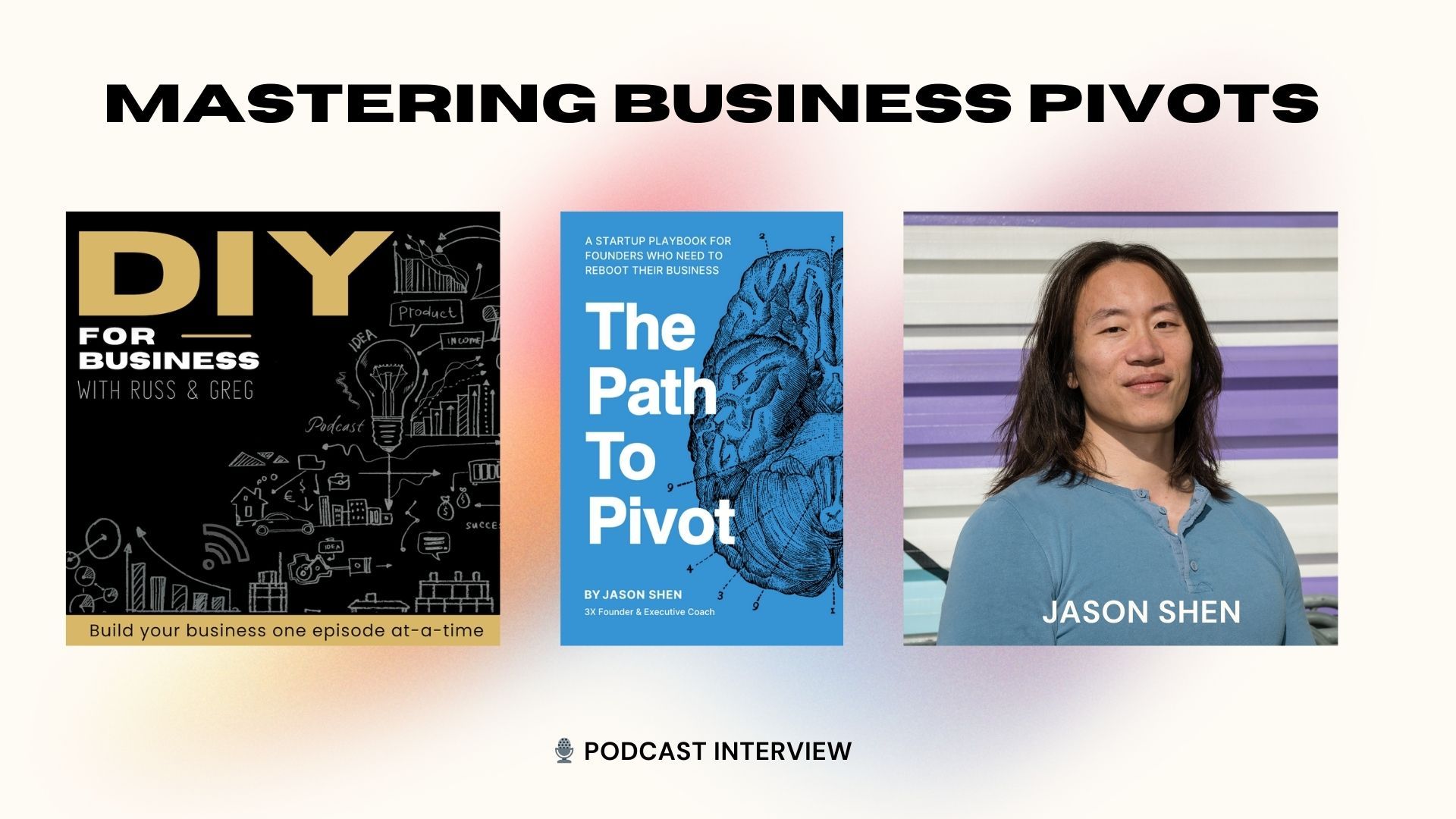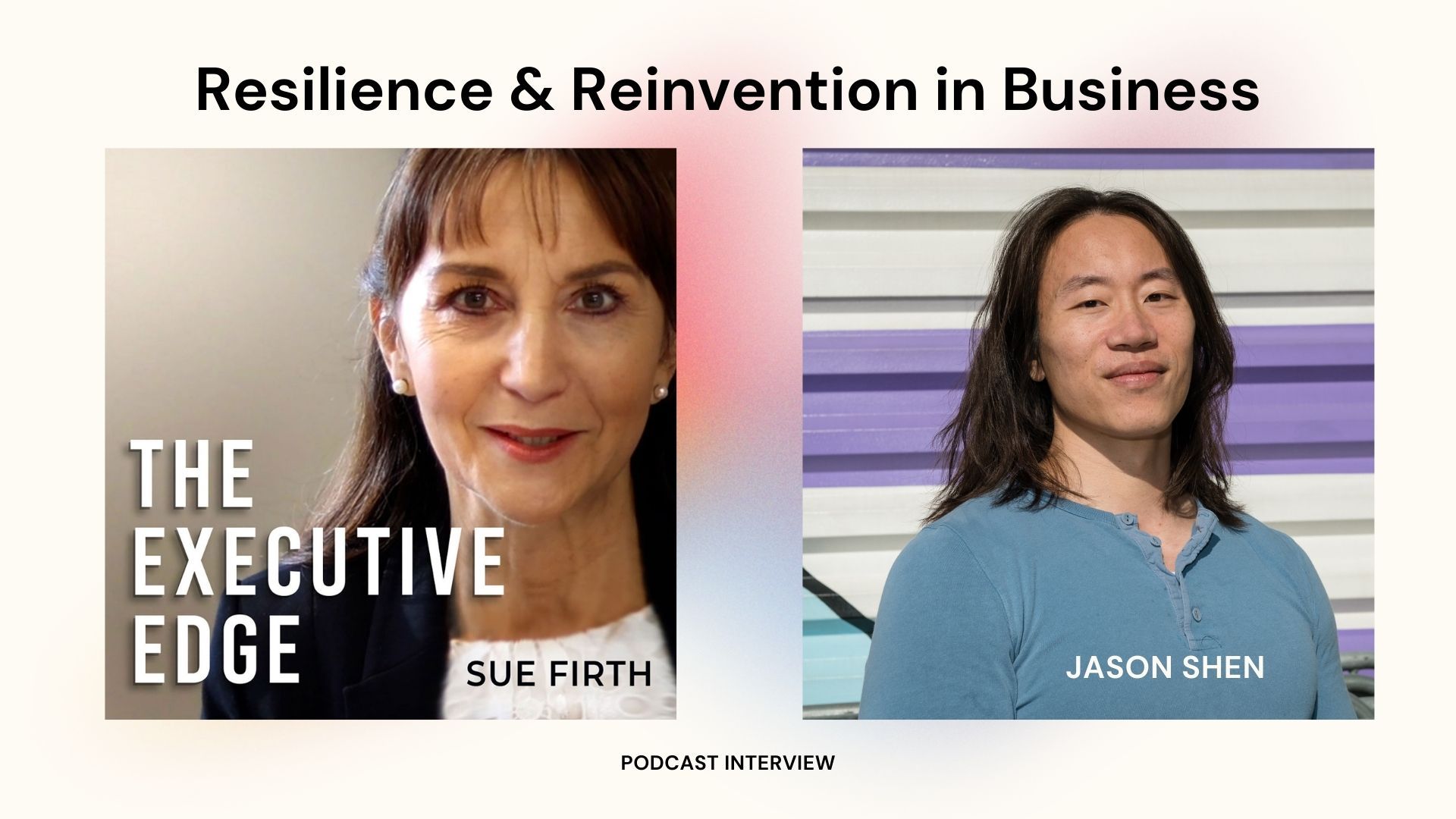A dashed off photo and quote about deviants became my biggest tweet of 2023. And perhaps one of my last biggest tweets ever given the way Twitter/X is going.
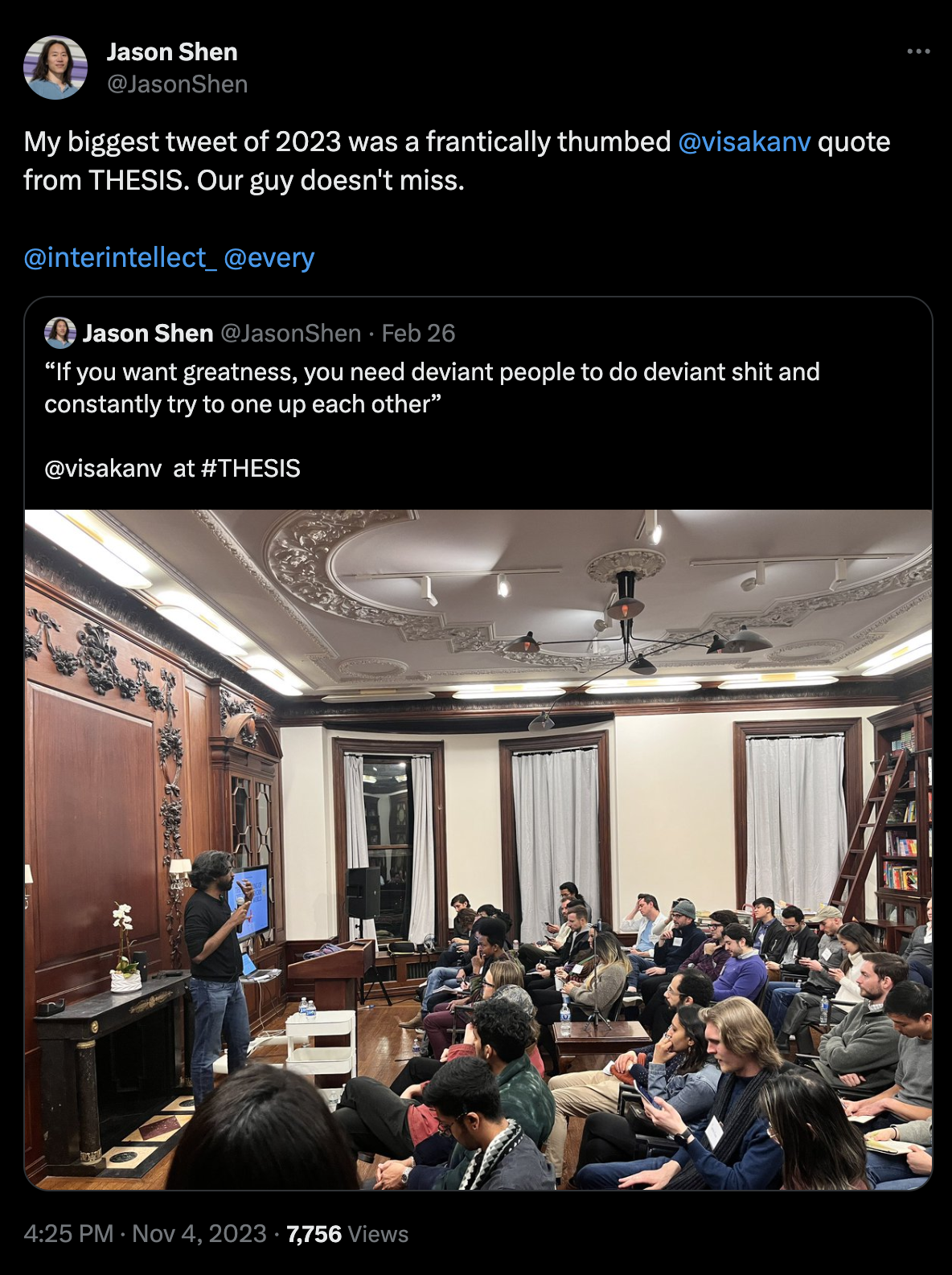
I think the popularity of the tweet is due to the fact that the internet has allowed a lot of people who might feel like a deviant, or otherwise outside the normal distribution to find themselves.
But how do you find your way through the world as an outlier—spiky talent with an unconventional background?
It starts with working on your strengths.
Own and Hone Your Strengths
As an outlier, you're wired differently.
- You care more about getting certain aspects of a task right than others do
- You are want to more time and effort on certain topics or activities than others will
- You're fundamentally more curious about certain things than others
These are what you might call intense natural inclinations. Or even obsessions. And it is these specific obsessions that create the foundation for your strengths.
Because everything we know about developing abilities is that the more you think and engage in something, especially with a feedback loop of either a positive outcome, or simply simply personal satisfaction, the better you will get at it.
I'm secretly a really great copywriter and marketing strategist, but only for causes and projects I genuinely care about.
Because one of my obsessions is reading about consumer psychology and messaging strategy. I'm fascinated about all the marketing that goes on around us—from billboards, to short form video hooks, to microcopy on websites.
Having the obsession is not enough. You have to transform it into a strength by developing it. Honing it from a dim flicker to a powerful beacon.
My marketing obsession led to me analyzing the opening and closing sentences of ~100 articles, calculating Citibike's CPM, and developed over time into a strength that's amplified my projects and content enormously.
Find Arenas That Match Your Strengths
Once you have recognized and developed your outlier strengths—a lifelong pursuit—you have to get yourself into a position, into fields, industries, and projects that match your strengths.
Growing up in the 90's, I loved watching Chicago Bulls and Michael Jordan win championship after championship.
And yet Jordan left the sport of basketball after leading the Bulls to 3 straight NBA championships to play minor league baseball after his father died in 1993.
- As a basketball player, Jordan was dominant. With 10 scoring titles and 5 MVP awards, he's considered by many to be the greatest player to ever live.
- As a baseball player, he never made it out of the minors, batting a paltry .202 in just over a hundred games with the Chicago Barons. Impressive for someone new to the sport, but unremarkable in absolute terms.
- Upon his return to basketball, his arena of strength, Jordan won another 3 championships in a row.
No one is great at everything.
When Jordan played baseball, his strengths and his arena were mismatched. His strength was playing basketball at the highest levels. This didn't even translate to other roles in basketball— Jordan's incredible competitive drive that worked so well as a player was less effective when he became a coach and team owner.
- If you've got a great forehand, stay on the left side of the court
- If you're great in a room, insist on in-person presentations and meetings
- If you are a stickler for process and details, lean towards the operations function versus the emerging opportunities team
Strengths Can Lead to Success, But Belonging Requires Contribution
As an outlier, you're going to feel separate from others, and you might think that by developing your strengths, you can gain the success and achievement you need to earn respect and a place among your peers.
But you might get success without the belonging. In fact, an outlier's unique abilities can often elicit feelings of envy and resentment in others, causing further separation.
To navigate this complex emotional terrain, you have to recognize that your obsessions and strengths can cause a sense of envy and resentment among others. So if you want belonging, focus on group contribution rather than individual success.
With Christmas coming up, it's nice to revisit an old Christmas tale: Rudolph the Red-Nosed Reindeer.
Hilariously, the story of Rudolph was invented in 1939 by an advertising copywriter to promoted a department story during Christmas. It's a fascinating example of remix culture because the other reindeer names (e.g. Dasher, Dancer) were already established. So this beloved story was essentially Christmas fanfiction meant to sell more coats or whatever.
One one hand, it's a beautiful tale of celebrating individuality and overcoming adversity. On the other hand, I am forever grateful to @visakanv for introducing me to this meme:

As I saw one blog put it, "if you're going to be a weirdo, be a useful weirdo". In other words, if you're difference, find a way to use your strengths to contribute to the group.
I asked AI to weigh the different interpretations of Rudolph's story in the voice of Malcolm Gladwell and I'm pretty happy with how it came out:
In the captivating tale of Rudolph the Red-Nosed Reindeer, we find a duality worth exploring.
On one hand, it unveils a stark reality, where deviation from the norm initially invites ostracization and is only embraced when it serves a purpose. However, at its core, Rudolph's story celebrates individuality and resilience, highlighting the power of authenticity in the face of adversity. It's a narrative that evolves with time, reflecting changing attitudes towards inclusivity.
Ultimately, Rudolph's story is a mirror to our complex world, challenging us to confront biases and question societal norms, reminding us that deviation from the norm can be a source of hope, leading to a more empathetic and inclusive society.
I like the way this ends, on a optimistic note.
84 years ago, we told stories about how differences can become strengths that create belonging. Back then, it was a remarkable idea. Now we accept it as canon.
What will the next 8 decades bring?
—Jason

Recent Issues
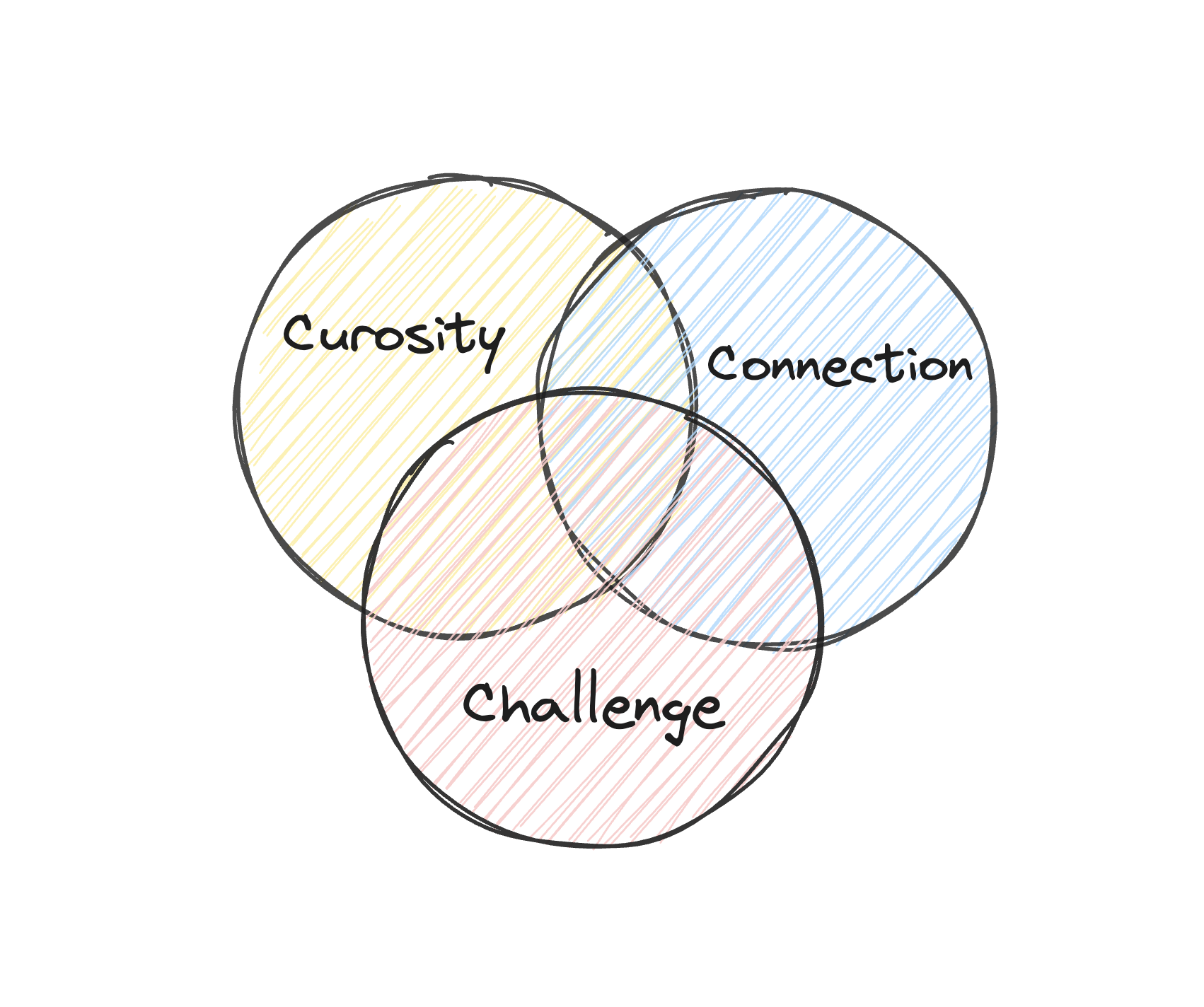

\
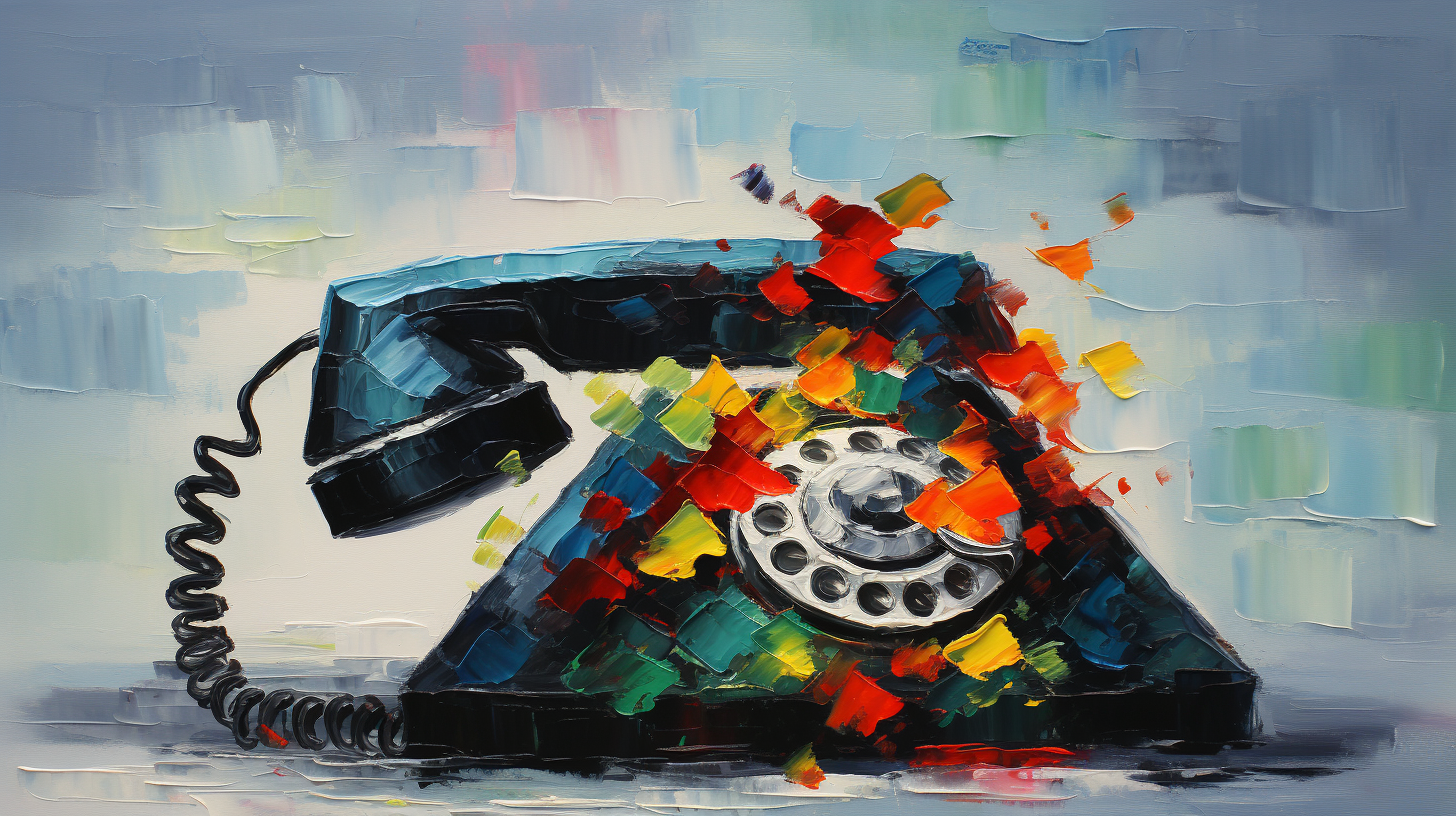
Recent Podcasts




